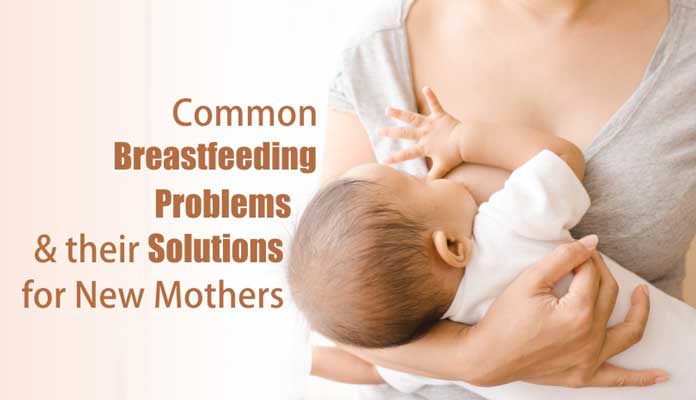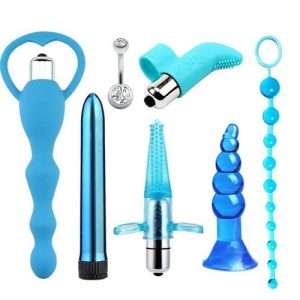
Breastfeeding Problems and Prevention
During pregnancy or towards the due date, some pregnant women already have their breast filled with milk while others do not, even few days after childbirth, the breasts are dry or have low milk supply.
Due to these, some moms have trouble breastfeeding their newborns, among other common breastfeeding difficulties like chest pain, sore nipples, mastitis, breast infection etc.
While these breastfeeding problems can be very challenging for new mothers, it’s not the reason to wean your baby early, babies should be breastfed for at least 6 months, either you do exclusive breastfeeding or not.
The World Health Organization recommends 2 years of breastfeeding babies.

What are the Common causes of Breastfeeding Problems?
Most of the common breastfeeding difficulties are caused by ignorance, and common to new mothers.
If you do not eat healthy foods during pregnancy, then it can affect your breast milk volume and quality.
If you do not start breastfeeding your baby immediately after birth, then you can develop breast engorgement.
If the baby is increasingly only placed on one breast, this can cause hard breast or milk congestion in the second breast.
Using a tight bra can also affect milk production in your breasts, same way if you’re not emotionally balanced.
If you introduce bottle feeding to your newborn early, then the baby is likely to reject your breast, after all, the milk gushes out of the bottle much more easily than out of the breast.
Other causes of your baby not wanting to take breast milk is a strong odor of your body cream or perfume, the baby may feel irritated.
How to Prevent Breastfeeding Problems?
Since you’ve now known the causes of breastfeeding problems, you’re on your road to managing them since some of these problems can not really be prevented but can be treated at home or using medicine when necessary.
To Prevent Low Breast Milk
If you have low milk volume in your breast, then you should drink enough water, and always keep your body hydrated.
New nursing mothers are advised to take at least 2 liters of mineral water or unsweetened tea daily.
You should also take fruits and eat a balance diet. To stimulate milk production, you can also take breastfeeding tea from fennel, anise, and caraway seeds.
Women who have problems with low milk should breastfeed their children fairly often if possible, as this is the easiest way to stimulate milk production.
To prevent Baby’s rejection of Breast Milk
When breastfeeding, you should avoid being heavy on perfumes or using a cream that smells too much.
If you have milk in your breasts, then you should start feeding your newborn with breast milk.
Adjust your breastfeeding position so your baby can latch on properly during feeding.
To Prevent Breast Milk Congestion
Drain your breast milk if it’s engorged to prevent mastitis naturally. You can also pump your breast 3 times daily to encourage milk production is the volume is low.
You can use ice packs and cold compresses to reduce milk supply if your breast is hard.
To Prevent Sore Nipples
To prevent sore nipples while breastfeeding, you should warm your nipples with a hot washcloth before breastfeeding.
This stimulates milk production and the baby does not have to suckle as hard.
If the nipples are already cracked and sore, a special nipple ointment, which is available in all pharmacies, can help.
To Prevent Breast inflammation (Mastitis)
A breast infection, on the other hand, can best be prevented through adequate hygiene.
It is important to wash your hands thoroughly after each breastfeeding.
A good home remedy for breast infections in cold curd compresses.
However, breast infection is not to be trifled with and if it does not improve after two days at the latest, you should consult your gynecologist.
Bite when Babies are Teething
Once a baby starts teething, it’s common to have him bites his mother once in a while. To control this natural behavior, a teether or something similar should be offered to the baby during this period.
If your baby bites your breast, you should put him down immediately and make it known that such a behavior is not good and not wanted by you as the mother.
Conclusion
Many breastfeeding problems arise from the mother’s misconduct. For example, smoking or drinking alcohol during pregnancy and while breastfeeding should be highly discouraged.
The most common breastfeeding challenges have been discussed, and you can prevent or manage them accordingly with home remedies already mentioned.





